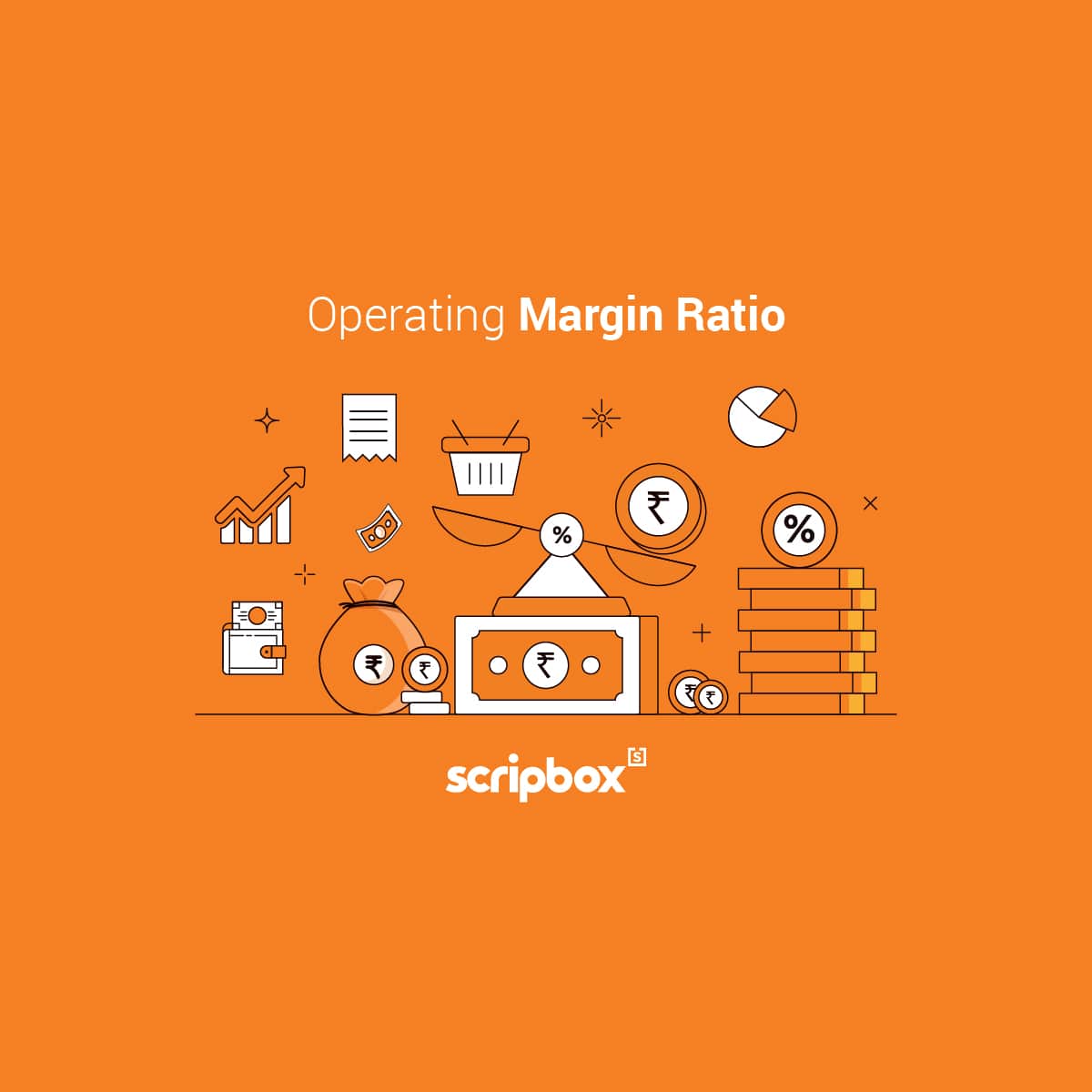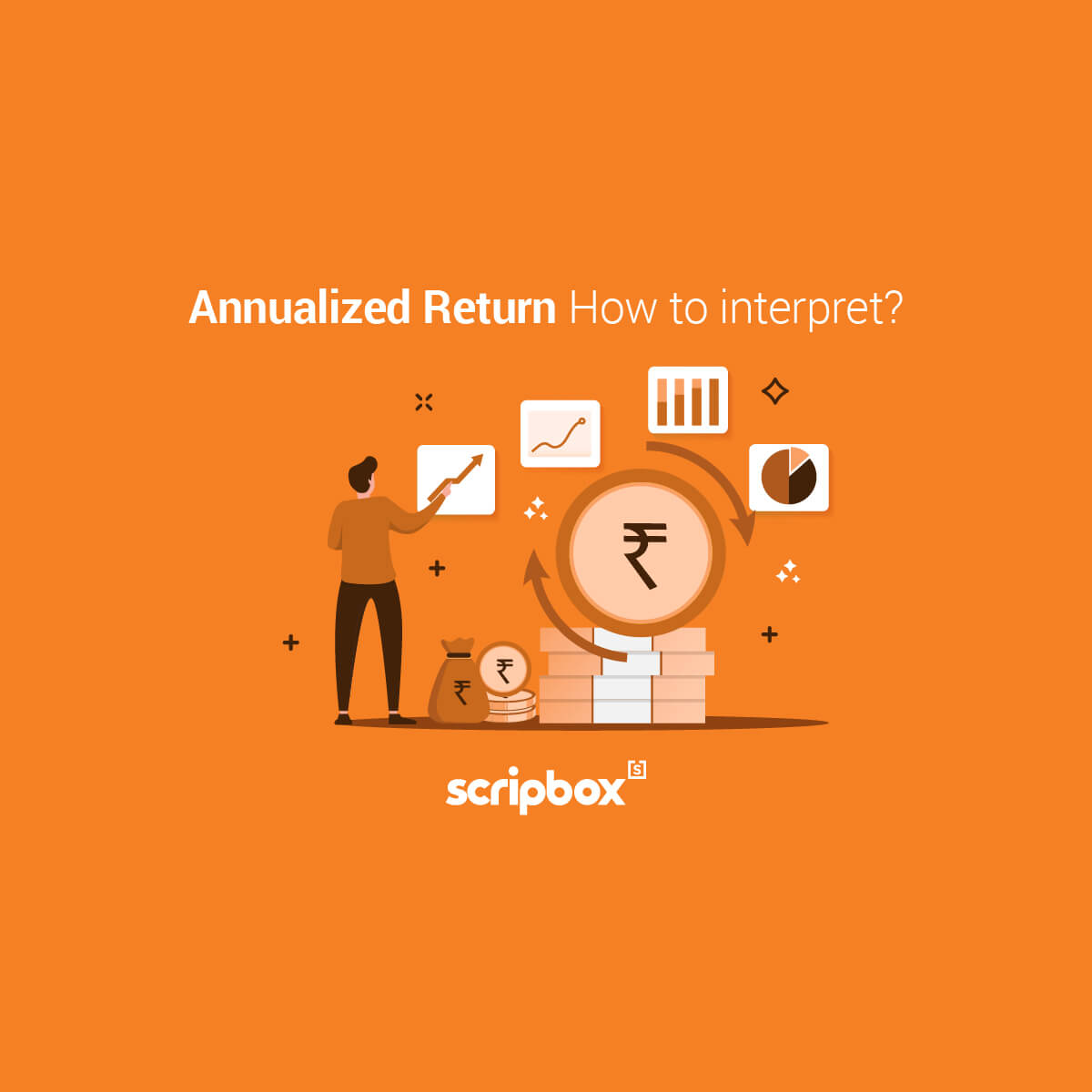
What is a Balance Sheet? Meaning, Importance & How to Prepare
What is a balance sheet? A balance sheet is a statement of assets, liabilities and capital of an organisation as on a particular date. In short, it shows what a company owns and owes. Additionally, it shows the amount invested...

Cost of Living in Major Indian Cities in 2025: Your Guide
Which city in India has the lowest cost of living? With work from home becoming a new factor, shifting to new places to save up on living costs is being considered as an option. While people in Mumbai usually complain...

What is Financial Literacy? Meaning, Importance, and Why It Matters
Financial literacy is the ability to manage one's money. The goal of financial literacy is to help in understanding financial concepts that will help them to manage their money better. It is a life skill that one must grasp for...

What is Operating Profit Ratio & How to Calculate It?
What is Operating Profit Ratio? The operating profit ratio is the amount of money a company makes from its operations. It demonstrates the financial sustainability of a company's basic operations prior to any financial or tax-related repercussions. As a result,...

Maang Companies & Meaning | What is a Maang Company?
When talking about the US stock market, it is hard not to talk about at least one of the MAANG companies. Together these companies account for more than USD 5.52 trillion as of August 31st 2022, which forms a significant...
Practical Insights For Wealth Creation
Our weekly finance newsletter with insights you can use
Your privacy is important to us

NSE: Functions of NSE & Features of National Stock Exchange
What is NSE? The National Stock Exchange (NSE) is the leading stock exchange in India, headquartered in Mumbai, Maharashtra. It was incorporated in the year 1992 as the first dematerialised electronic stock exchange in the country. An assembly of leading...

Annualized Return: Meaning & 5-Year, 3-Year Rate Explained
What is Annualised Return ‘Return’ is the yield that an investment generates over a period of time. It is the percentage increase or decrease in the value of the investment in that period. Returns on mutual funds are expressed in...

Rule of 72 to Double Your Money
The main motive behind investing money is to earn significant returns. But it's often difficult to earn high returns in a short duration. And, who doesn't wish to double their money? We all dream about doubling our investments as soon...


